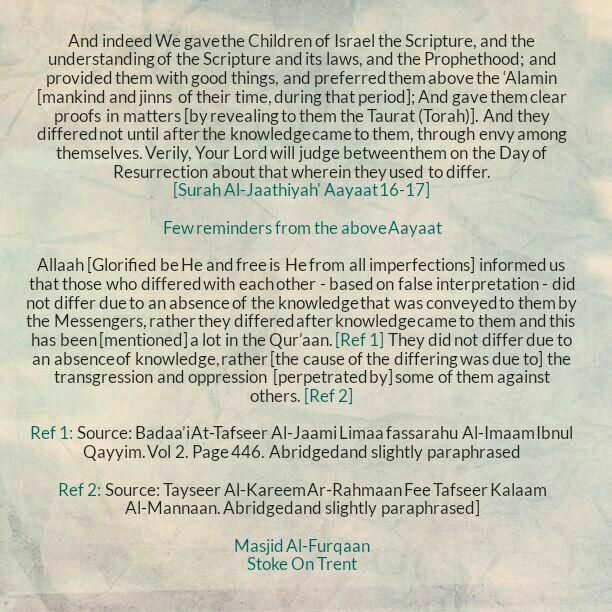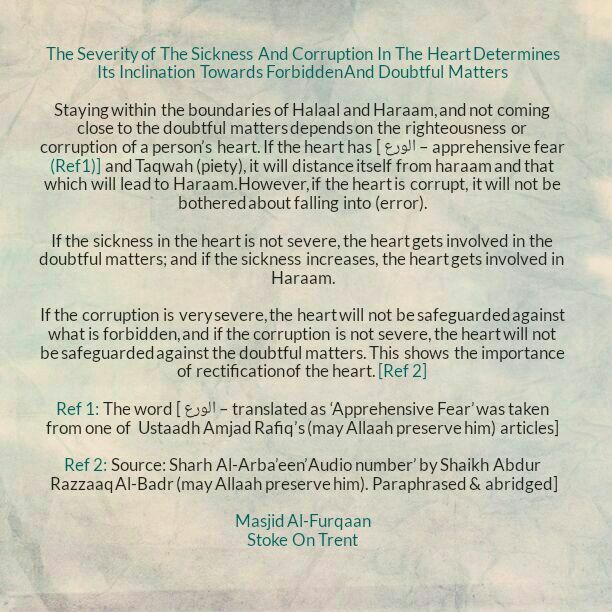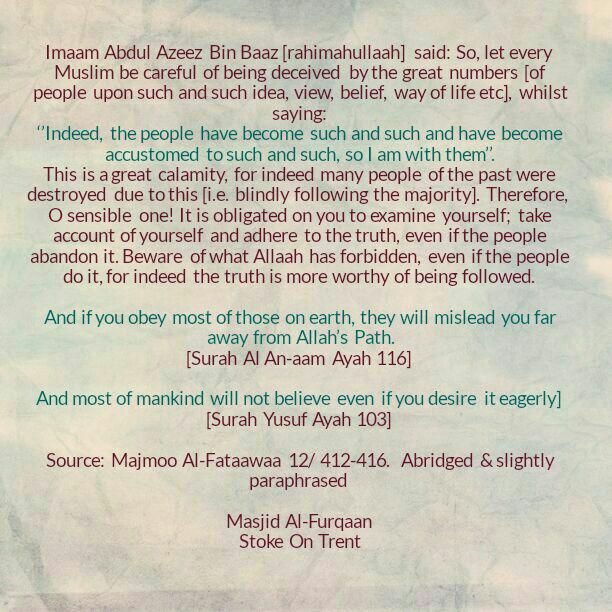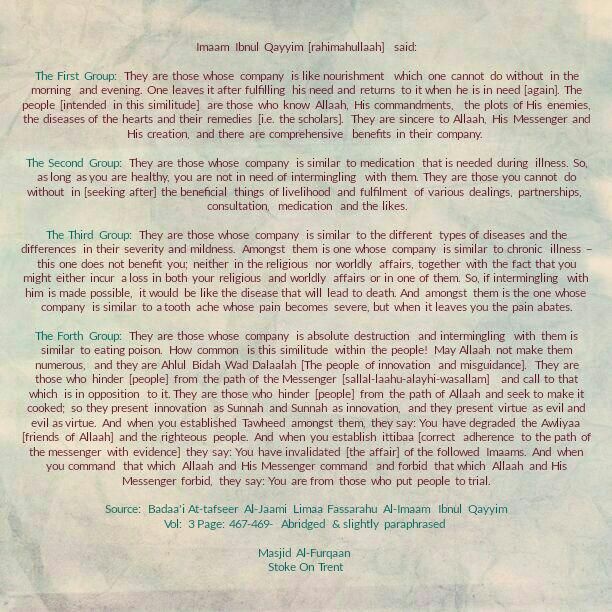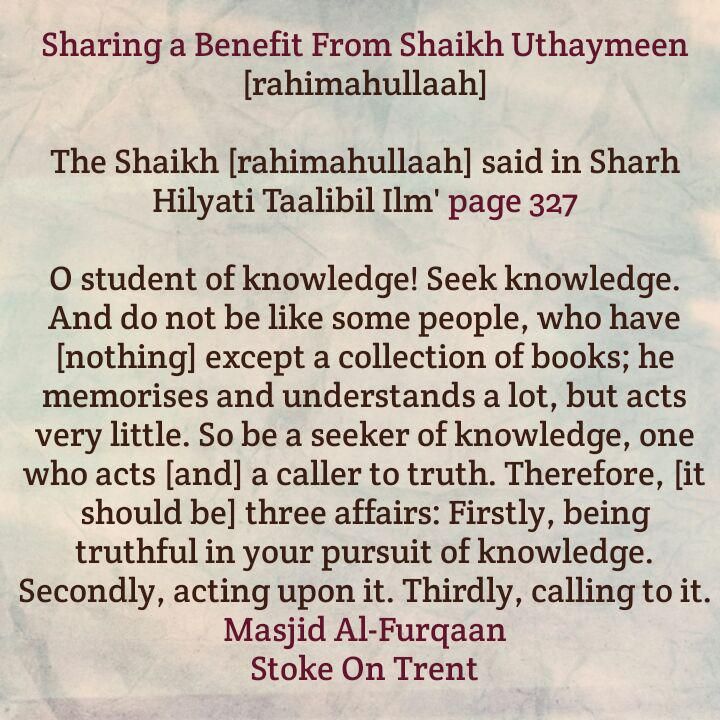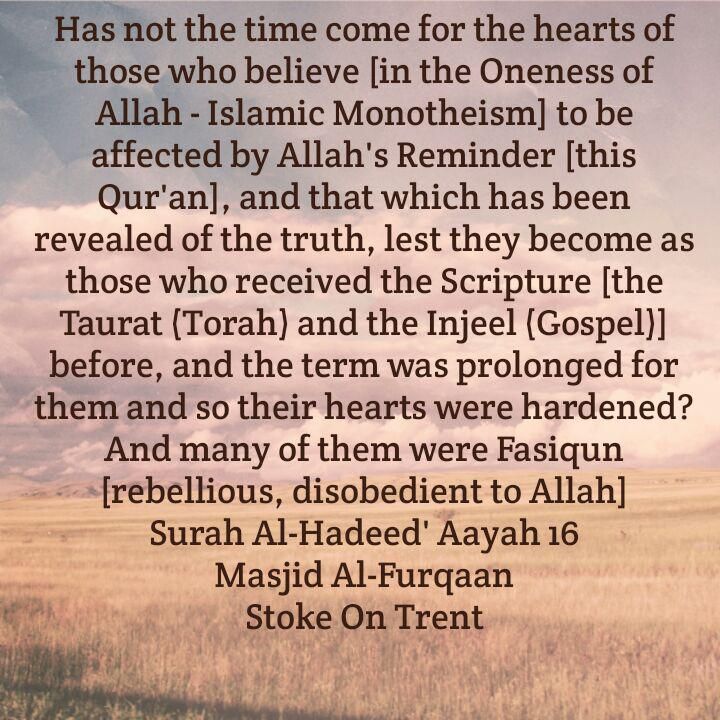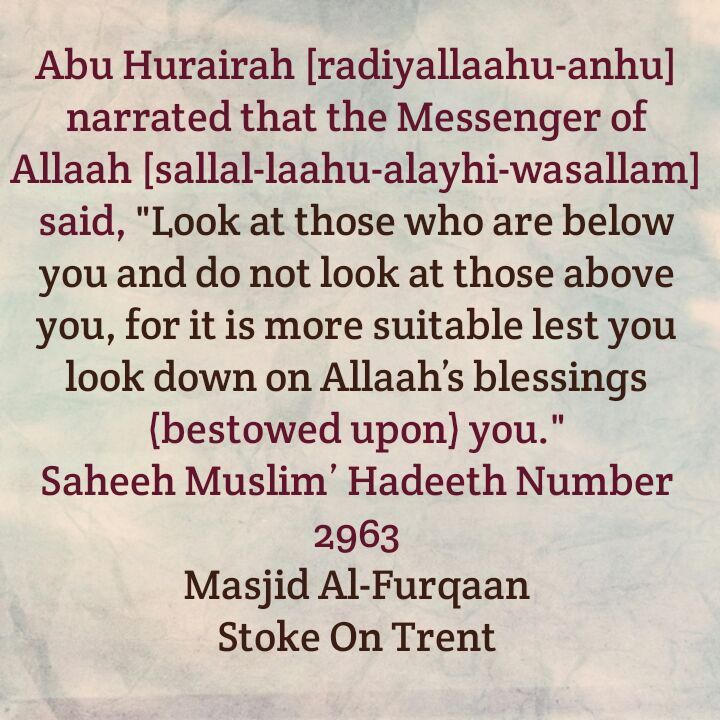False Interpretation, Transgression, Oppression and Blameworthy Envy Leads to Splitting And Blameworthy Differing
In The Name of Allaah, The Most Merciful, The Bestower of Mercy
Allaah [The Most High] said:
وَلَقَدۡ ءَاتَيۡنَا بَنِىٓ إِسۡرَٲٓءِيلَ ٱلۡكِتَـٰبَ وَٱلۡحُكۡمَ وَٱلنُّبُوَّةَ وَرَزَقۡنَـٰهُم مِّنَ ٱلطَّيِّبَـٰتِ وَفَضَّلۡنَـٰهُمۡ عَلَى ٱلۡعَـٰلَمِينَ
وَءَاتَيۡنَـٰهُم بَيِّنَـٰتٍ۬ مِّنَ ٱلۡأَمۡرِۖ فَمَا ٱخۡتَلَفُوٓاْ إِلَّا مِنۢ بَعۡدِ مَا جَآءَهُمُ ٱلۡعِلۡمُ بَغۡيَۢا بَيۡنَهُمۡۚ إِنَّ رَبَّكَ يَقۡضِى بَيۡنَہُمۡ يَوۡمَ ٱلۡقِيَـٰمَةِ فِيمَا كَانُواْ فِيهِ يَخۡتَلِفُونَ
And indeed We gave the Children of Israel the Scripture, and the understanding of the Scripture and its laws, and the Prophethood; and provided them with good things, and preferred them above the ‘Alamin (mankind and jinns) (of their time, during that period); And gave them clear proofs in matters [by revealing to them the Taurat (Torah)]. And they differed not until after the knowledge came to them, through envy among themselves. Verily, Your Lord will judge between them on the Day of Resurrection about that wherein they used to differ.
Surah al-Jaathiyah’ Aayaat 16-17
Few reminders from the above Aayaat
Allaah [Glorified be He and free is He from all imperfections] informed us that those who differed with each other – based on false interpretation – did not differ due to an absence of the knowledge that was conveyed to them by the Messengers, rather they differed after knowledge came to them and this has been [mentioned] a lot in the Qur’aan. [Ref 1] They did not differ due to an absence of knowledge, rather [the cause of the differing was due to] the transgression and oppression [perpetrated by] some of them against others. [Ref 2]
Ref 1. Source: Badaa’i At-Tafseer Al-Jaami Limaa fassarahu Al-Imaam Ibnul Qayyim. Vol 2. Page 446. Abridged and slightly paraphrased
Ref 2: Source: Tayseer Al-Kareem Ar-Rahmaan Fee Tafseer Kalaam Al-Mannaan. Abridged and slightly paraphrased]
